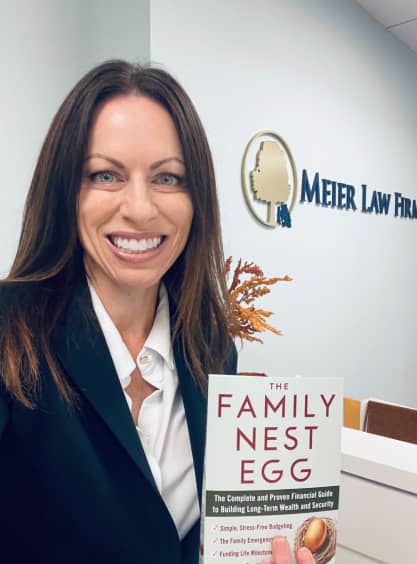How to Avoid Estate Taxes with Proper Planning

Most people don’t like the idea of not knowing how to avoid estate taxes on the money they leave behind. When you’ve already paid so much in taxes during your lifetime, it almost seems unfair that you’ll be doing it in death, too. Fortunately, as of 2022, you may pass a little over twelve million dollars tax-free to someone else when you die. Even billionaires don’t pay taxes on their beneficiaries’ first $12.06 million left. This threshold is adjusted for inflation every year. You can pass an unlimited amount to your spouse tax-free upon your death if you’re married.
If your assets add up to more than 12.06 million dollars, there are countless ways to reduce or even avoid estate taxes. The most popular ones include setting up trusts and passing gifts to loved ones while you’re still alive. If you make the mistake of not putting a proper plan in place, you may be placing a huge financial burden on your estate. By consulting an estate planning attorney, you can discover your options for protecting your assets and your loved ones.
Celebrity Estate Tax Planning Mistakes
We’ve all heard stories of celebrities passing away without a will or trust, causing serious problems for the fortunes they’ve left behind. For those who do leave a will or trust, there may still be gaps in their estate plan that can cost their loved ones dearly.
Academy Award winner Phillip Seymour Hoffman was worth over $35 million when he unexpectedly passed away in 2014. Because he did not take advantage of strategies to reduce his taxes, his family was forced to pay a whopping $15 million in estate taxes. Hoffman was cited as saying he didn’t want to create “spoiled trust fund kids.” This common misconception ended up needlessly costing his loved ones. Hoffman’s other mistake was failing to keep his estate plan updated. His will had been written a decade before his death.
Similarly, James Gandolfini’s multi-million dollar estate was taxed at a rate of 55% back in 2013. Although the Sopranos actor had a will in place, he failed to do proper tax planning. By not setting up a trust, Gandolfini’s family lost nearly $30 million in federal and state taxes.
One of the main advantages of implementing savvy estate planning strategies is the ability to significantly reduce your tax bill. Another advantage of these estate planning tools is the extent to which they can be customized. When setting up a trust for example, you can set parameters around when and how the funds can be used. This can include limiting a beneficiary’s access to the money, or protecting it from being squandered.
Protect Your Estate and Your Loved Ones
If your beneficiaries face an estate tax problem when you die, you need to talk with a highly skilled attorney who can help you reduce taxes. Your estate planning attorney will listen to your concerns and create a plan that safeguards your legacy while protecting loved ones from unnecessary taxes.